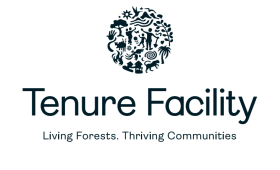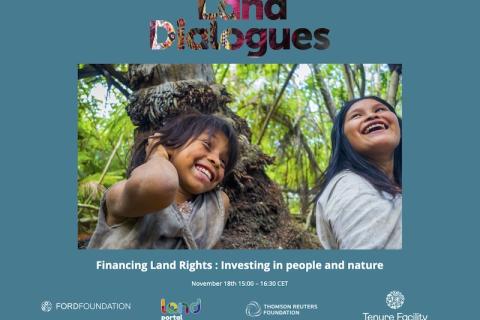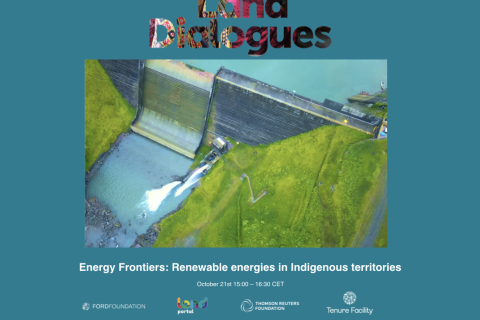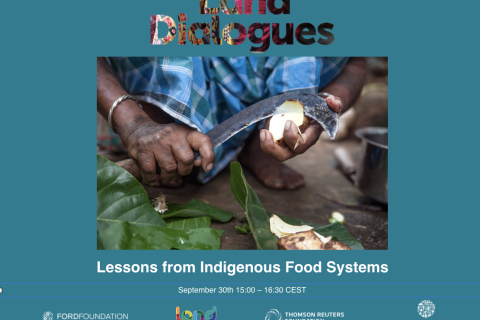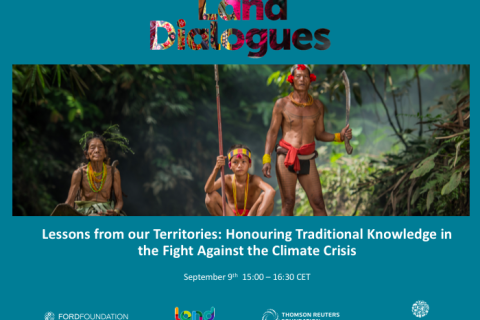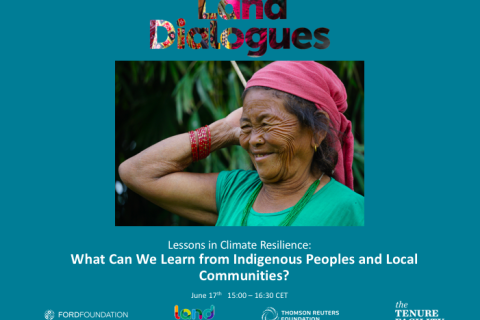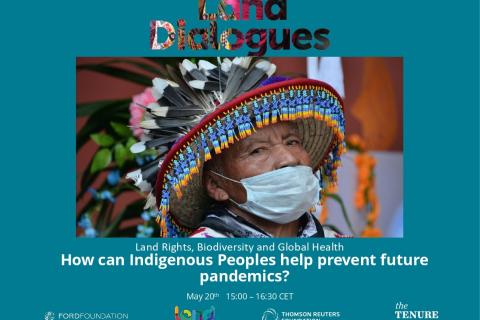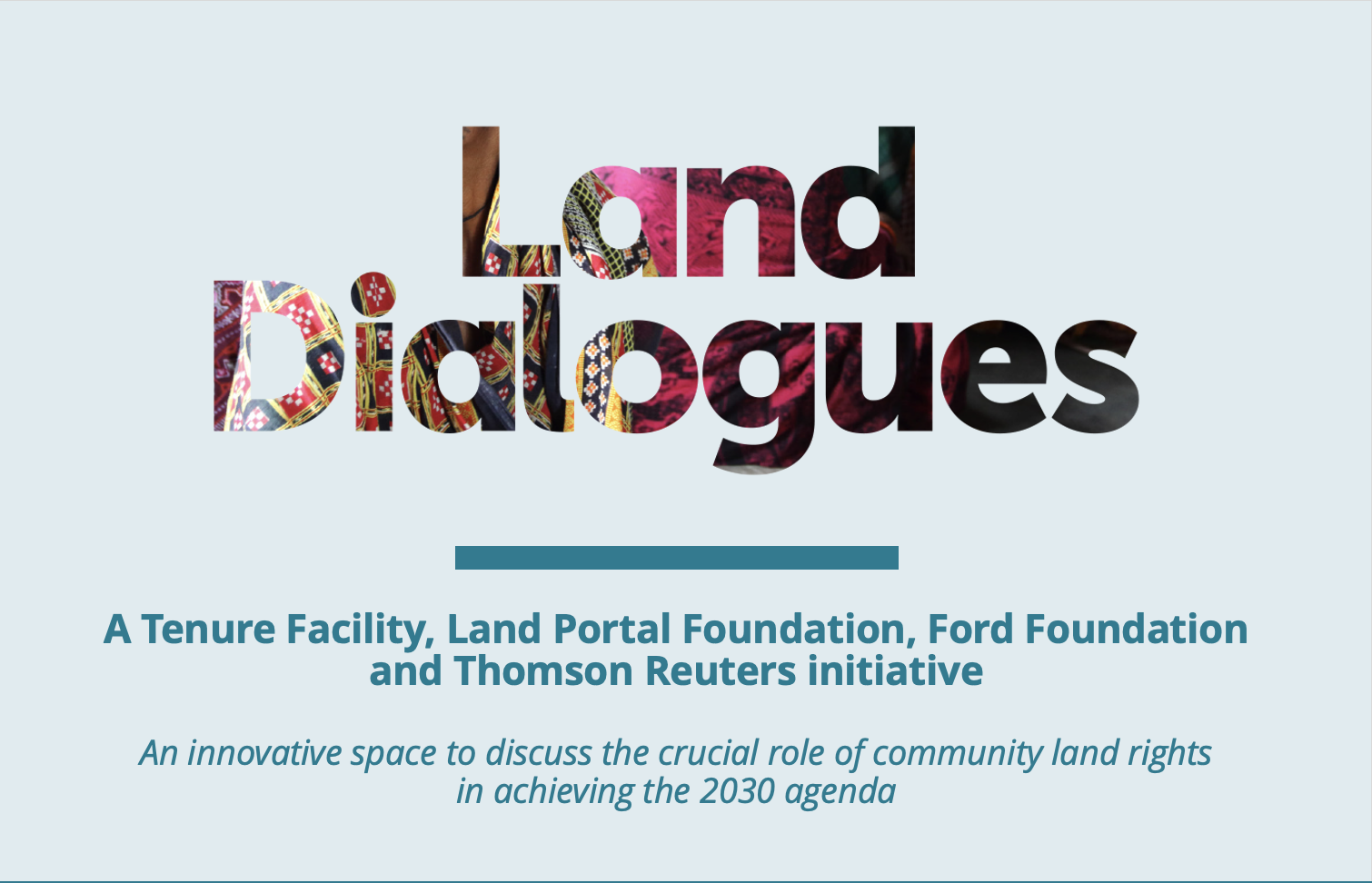
Related content:
Indigenous Peoples protect their land, and by extension, the rest of us
The Sarayaku people of eastern Ecuador have declared their traditional Amazonian home as Kawsak Sacha — a living forest with rights.
On Mindanao, in the Philippines, the Manobo people have created a local and regional governance structure for their lands, including Bagani, or warriors, to police the area against logging and poaching.
2021 United Nations Climate Change Conference: COP26
What to make of COP26 money for Indigenous Peoples’ land tenure
Whether or not governments agreed enough to slow global warming at the COP26 meeting in Glasgow is up for debate. But Indigenous Peoples, at least, did not come away empty-handed: their views were listened to and, in some cases, appear to have been taken into consideration.
It was clearly stated, for example, in the $12 billion “Global Forest Finance Pledge” signed by 11 rich countries and the European Union, that part of the money would be used for supporting “forest and land governance and clarifying land tenure and forest rights for Indigenous Peoples and local communities”.
Homecoming without the prom: How Indonesia’s Indigenous youth are returning to bolster their communities
It’s not unusual for children to leave home when they become adults: it is rarer, though, that they come back to invigorate the communities they grew up in with new ideas and services.
That, however, is exactly what is happening in indigenous territories throughout Indonesia. It is called “Homecoming”, although it is a far cry from the more familiar Western use of the term that involves high school sports events and prom dances.


